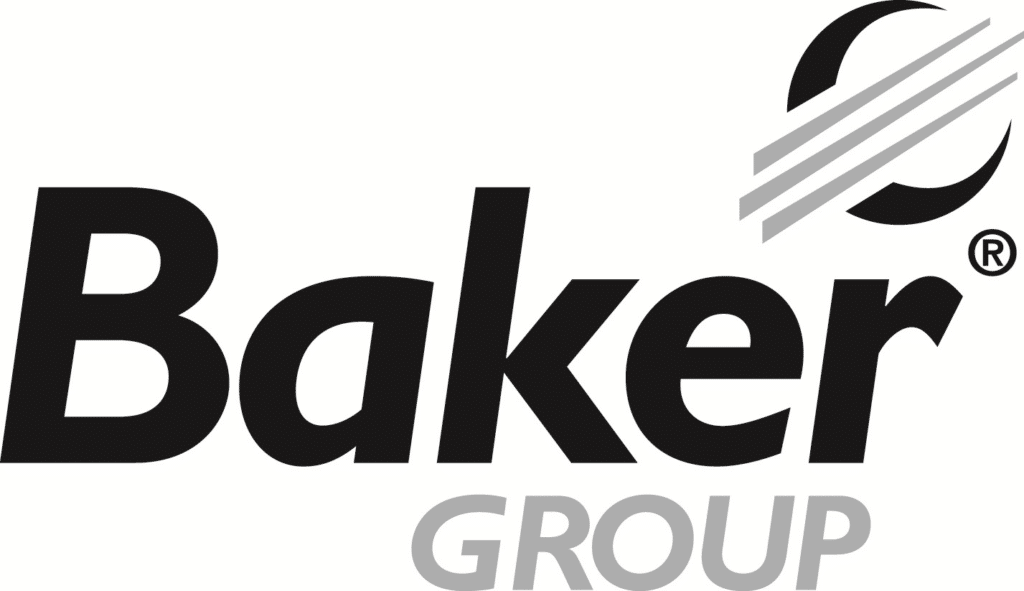Remotely Roboflow
Co-founders share their thoughts on building a remote startup team

KATE HAYDEN May 25, 2021 | 5:08 pm
7 min read time
1,618 wordsAll Latest News, Innovation and Entrepreneurship
The computer visioning startup Roboflow has been built from laptops in Des Moines, Washington, D.C., a Florida Airbnb and the Taiwanese beachfront. As of last year, Roboflow is officially a fully remote company.
Co-founders Joseph Nelson and Brad Dwyer hosted seven of the eight full-time team members in May for an “on-site” staff retreat, based out of Gravitate Coworking Downtown. Roboflow is training two new employees who also attended a leadership summit in Ankeny, and both co-founders wanted to develop quarterly in-person events to help the team with long-term planning and creative work. Importantly, they also want the staff to hang out together.
“We didn’t make an intentional decision to build a remote company. That wasn’t part of our founding principles,” said Dwyer, Roboflow’s chief technology officer. “That just happened, so now we’re trying to figure out, what does that mean now that we can physically be in person and it’s OK? How do we develop the [company] culture?”
Employees hail from Des Moines and Iowa City, Chattanooga, Tenn., Minneapolis, and Oregon. Nelson, Roboflow’s CEO, splits his time between Des Moines and Washington, D.C., and a high school student from Texas interns with Roboflow remotely. Nelson and Dwyer talked with innovationIOWA about building a remote startup workforce. The following conversation has been edited for length and clarity.
What has it been like to operate Roboflow remotely?
Dwyer: Out of necessity, everybody was remote for the pandemic, so hiring the best talent that we could find — it didn’t matter if you were on Zoom next door or on Zoom a couple states over.
We’ve instituted a policy, or we’re trying to institute a policy, where if one person is remote, everybody’s remote. This morning when we had a call, because Amanda [Morrow, UX designer] is not here but would be on that call, we all went to separate conference rooms and dialed in on Zoom, even though seven of the eight of us were in one space. What we found is if seven people are in one room and one person is remote, it’s almost like that person is not as involved … because of the [Zoom] latency, the muting and unmuting of microphones. They’re not as integrated in the conversation. … If we’re going to have an egalitarian culture, where everybody’s opinion matters, we need to level the playing field.
Were there models of other startups or companies that you were able to talk to before establishing a remote company?
Dwyer: We’ve been having a bunch of conversations with friends who are startup founders just to understand what they’re thinking in terms of when the pandemic’s over. Are you going to have an office anymore, is everyone going to stay remote?
A lot of the things that serendipitously happen when you’re in the same room with each other need to be forced to happen. Explicitly planning social events helps, but it’s not quite the same. … It feels very planned, and that’s different from having a passing conversation with somebody in the hall or in the lunchroom. Because you have to plan a Zoom meeting, you don’t just have those 30-second interactions with somebody.
Sidekick was a company in our Y Combinator batch that gives each team member a dedicated tablet. It has a camera on it and you can drop in — either unmute yourself and just speak to the room, or drop in and have one-on-one conversations with people. It gives you a sense of presence, kind of like being in the same shared, virtual space all the time.
Nelson: It gives a little bit of personality, to some degree. Amanda’s dog will jump in-frame and stuff like that, which is funny. There’s a little less loneliness, I suppose. … Sidekick told us we are their top five in terms of most active users across all the teams that they have.
Dwyer: We’re all dealing with this for the first time — coming back to work from a pandemic — just like we all dealt with a pandemic for the first time last year. It’s almost like a multivariate experiment, where everybody’s going to try their own thing and figure out what works best for them. We can all share those ideas and come to an agreement on what the new normal is.
What are your priorities when you get the team together?
Nelson: A really good anecdotal metric is, when walking away from an in-person gathering, you hope that two people who may not have known each other particularly well now have trust and confidence to text the other person something totally unrelated to work.
It’s like the “lead a horse to water” phrase — you intentionally want to create the space for those moments to happen, but you can’t force them. So what are the conditions that give someone unstructured space, but you’re having a shared experience?
How does hiring remote affect the way Roboflow attracts talent?
Dwyer: It’s really our job as founders of the company to build up these advantages and make it a no-brainer place to want to work. It helps that we’re working on a very cutting-edge, exciting field, it helps that we have a ton of customers already … but we’re a venture-funded startup in Iowa, that sets us apart. We went through Y Combinator, that also sets us apart. We both founded other companies before, that sets us apart. As a founder, nobody’s going to have that exact set of qualities the same as us. Your job is to highlight what the unique things are about you, and why somebody should come and work on your team.
If you can’t figure out why people would want to work for your company, you should think about that.
For communities housing your remote-work employees, what’s the benefit to having a remote workforce?
Dwyer: It’s a huge opportunity for cities to be able to attract all these people. They don’t have to first attract companies to get those people, they just have to be an attractive place for the people themselves to go to and work at. I think this might decrease the value of having a big landmark employer based in their city, but it also means that if you’re a skateboarder and you work for a [remote] company, you might flock to Des Moines. It’s like a direct-to-consumer model for cities.
Nelson: I think people might make more conscious decisions about living in places that align with their values, their interests or their preferences. That’s interesting to think about from an employer’s perspective. As we get bigger, you hope that we’d be able to have an impact on the ecosystems of these developing places, either economically or contributing to meetups.
That’s a really symbiotic relationship for us, to identify talent in each of those places and for those cities to have high-skilled workers working in promising businesses. I’m an island in D.C. for the Roboflow team, and one thing that I like is that I have a network there of other people I know I’d want to work with. I hope that will continue to happen as we hire individuals who might be islands in their respective cities, which also hopefully helps us diversify our network.
Dwyer: I’ve heard Silicon Valley described as “it’s not a place, it’s a mindset.” … It’s interesting to think about how, if these companies are now no longer just locked up in the Bay area, they have employees, team members and founders all over the country. … You no longer have to assimilate yourself into [Silicon Valley’s] culture.
If you were a part of Uber and watched how that grew from zero to tens of billions of dollars — if you lived in Des Moines and saw that happen, that’s much more valuable to Des Moines than if you had moved to San Francisco, and that was where your network was. I think it could lead to a proliferation of the magic of Silicon Valley.
When you think about Roboflow as a remote company two to 10 years from now, what would you like to see in your workforce?
Nelson: One concept we talk about a lot is hiring people that eventually want to start their own thing. We think those are leading indicators of those that act with great pride, autonomy and diligence with their work — that correlates with people who probably want to independently start their own sorts of businesses.
Being the first employees at a high-growth but small entity, you get so much exposure to how to raise capital, how to hire, how to make product decisions. … Workiva has had pretty big successes in Ames and Des Moines, and Dwolla is starting to have this too, where Dwolla alums are going on and being early [employees] at other companies. That positive feedback loop of allowing someone to reinvest their skills and their financial returns is something I really look forward to.
Dwyer: It’s a distillation of what makes Silicon Valley such a strong ecosystem. You have these category-defining companies that bring together all these people for a short period of time, and then they all cross-pollinate and disperse to their own companies. … We really want that to be a part of our culture of supporting the alumni network, even after they leave, by explicitly stating that this is one of our goals.
Nelson: When I think about my life in Des Moines and my life in D.C., or visiting other cities, … there’s a way to both be from Iowa and continuously curious, and recognize that there’s nothing that separates someone from being competitive at a global level. Remote work has really proved that.










